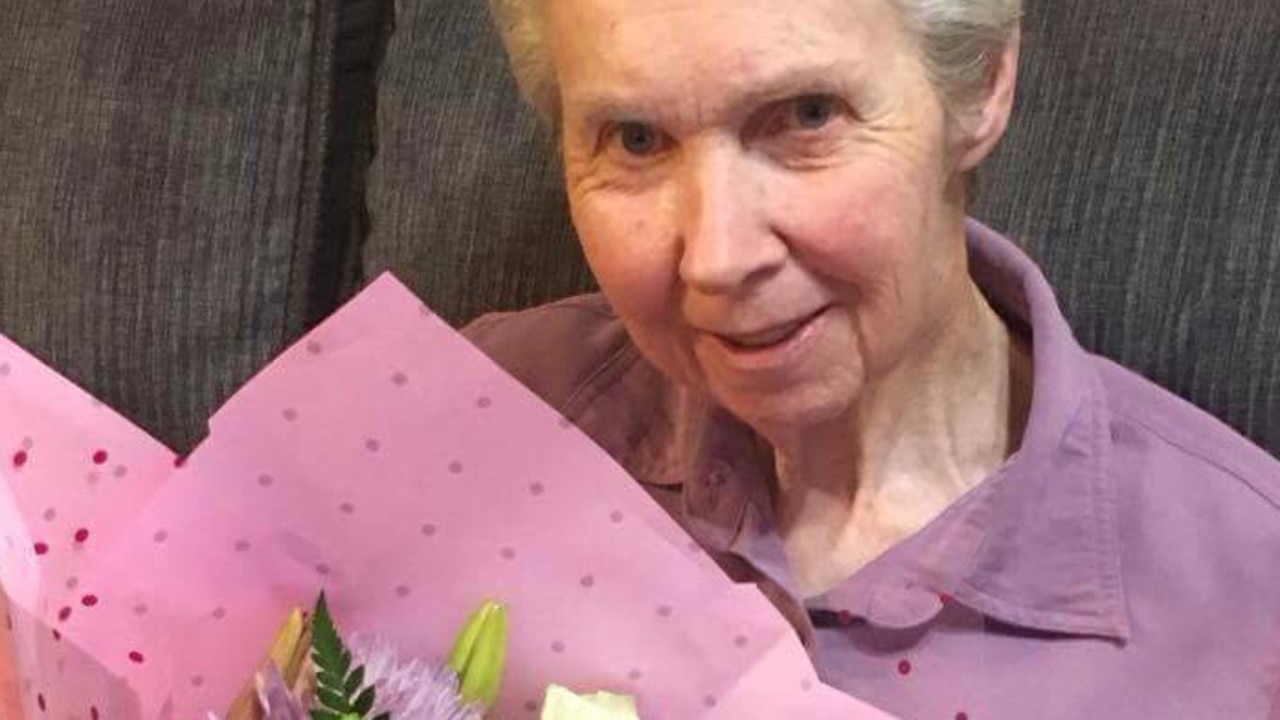The sights and sounds of 100s of whales in distress are haunting
“It is the feeling of hopelessness that is the hardest. Of not being able to save them or at least put them out of their misery.” HELEN KEMPTON describes the scene of the whale disaster >>
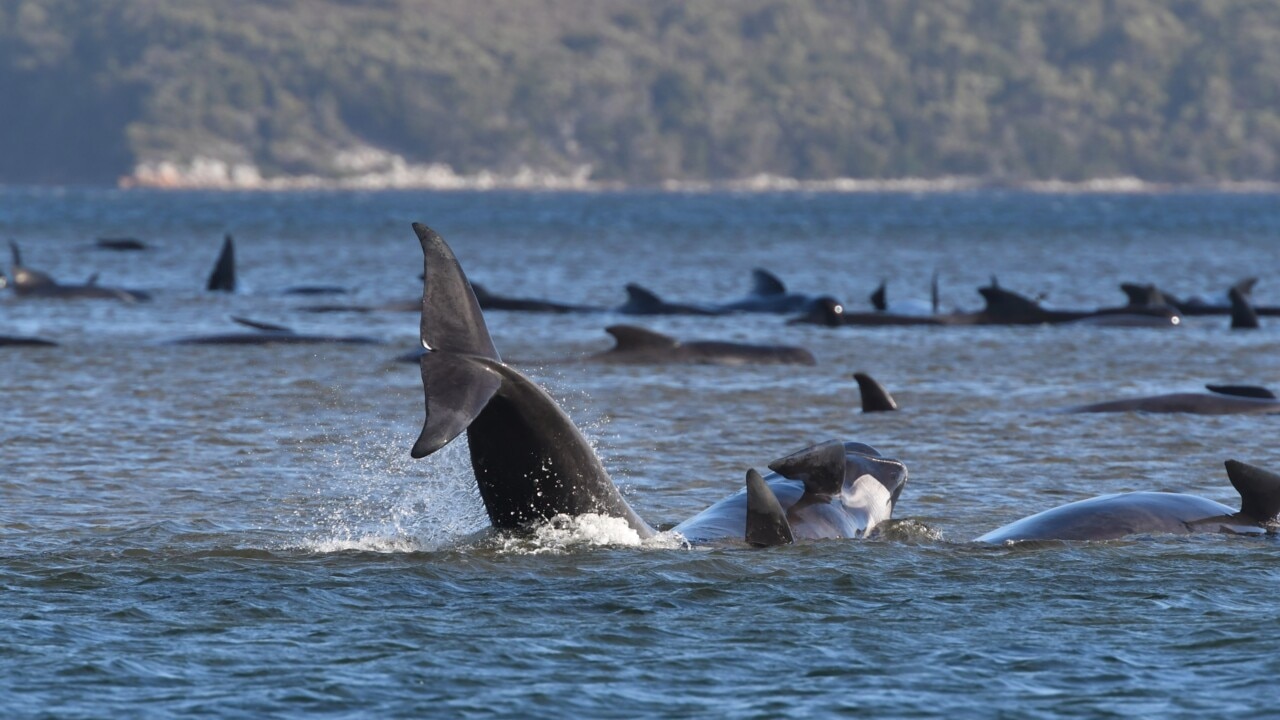
North West Coast
Don't miss out on the headlines from North West Coast. Followed categories will be added to My News.
- ‘Biggest whale stranding and death toll in Australian history’
- National effort needed for whale emergency: Greens
THE sights and sounds connected with the whale emergency unfolding on Tasmania’s beautiful west coast are hard to describe and forget.
The sight of hundreds of majestic animals flailing about in shallow water as others die around them is heartbreaking to watch.
The jaw-droppingly beautiful scenic backdrop makes it even harder, somehow.
This is not the kind of whale watching I had dreamed of.
Watching the level of distressed activity die down as the poor animals become exhausted and give up or slowly suffocate is traumatic.
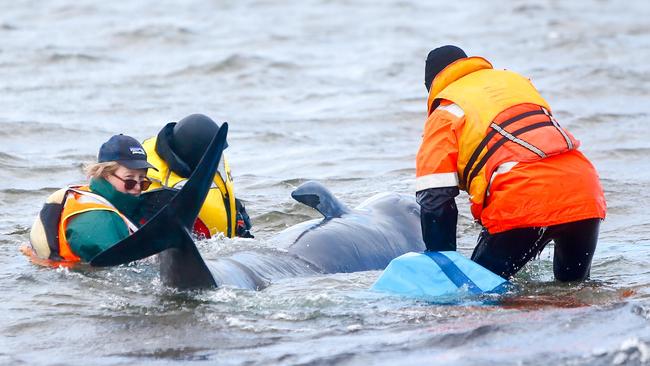
The sounds they make as they call out to each other – and perhaps to us humans watching hopelessly from the shore – are piercing and tragic.
When I arrived at Macquarie Heads on Monday afternoon the whales were making a real din and splashing their tails in the shallow water.
By Tuesday morning things were much quieter. About 90 were dead and others had all but given up the fight to live.
Rescuers made their way out to those they hoped could be saved and the massive animals laid almost compliant as they slid slings under their bodies.
I decided to walk the 2km from the Macquarie Heads Campground around to Ocean Beach where a small pod of about 30 whales were washed up on the sand, no longer fighting for survival.
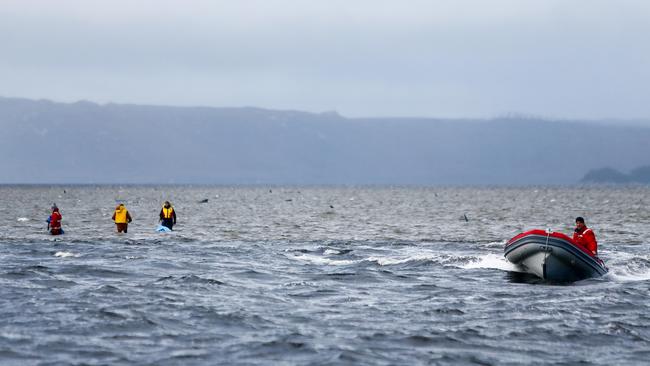
As the caretaker of the campground said: “It is the feeling of hopelessness that is the hardest. Of not being able to save them or at least put them out of their misery”.
“There were still two alive when I went out there. If I’d had a rifle I would have shot them. They were on their last legs and really suffering,” he said.
Upon arriving at Ocean Beach I was first struck by the beauty of this stretch of remote coastline.
No-one else was around and the sand stretched for miles. Macquarie Heads and the Gordon River were in eyesight and birds of all types bobbed along the shore.
Then I noticed several big, desolate shapes on the sand.
Lapping at their motionless bodies was the same water that had brought them into Macquarie Harbour and away from the deep oceans they need to survive.
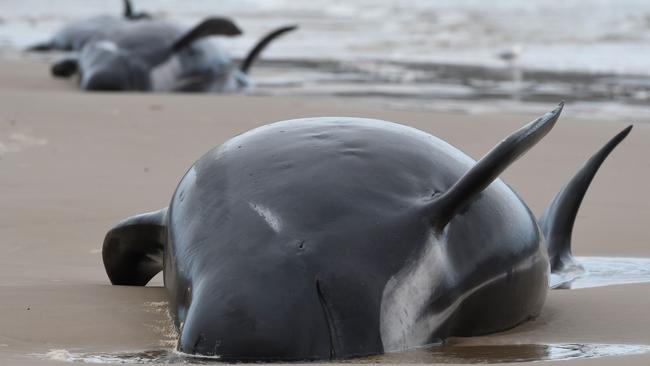
Four pilot whales, about three metres long, lay on the beach in front of me.
They were dead but were still complete – glossy black animals with still-bright eyes and very white teeth.
I touched one and it felt like fine leather. I said ‘sorry’ to the whale and walked up to the others.
The saddest things about whale strandings are – we don’t know why they happen and the animals’ very social nature means freed whales will often return to their distressed pod – and get stranded again, rather than abandon their family.
One thing is for sure, if we humans can work out why they strand and how to prevent it happening in the future no amount of time or money is too much to save these wonderful beings.


